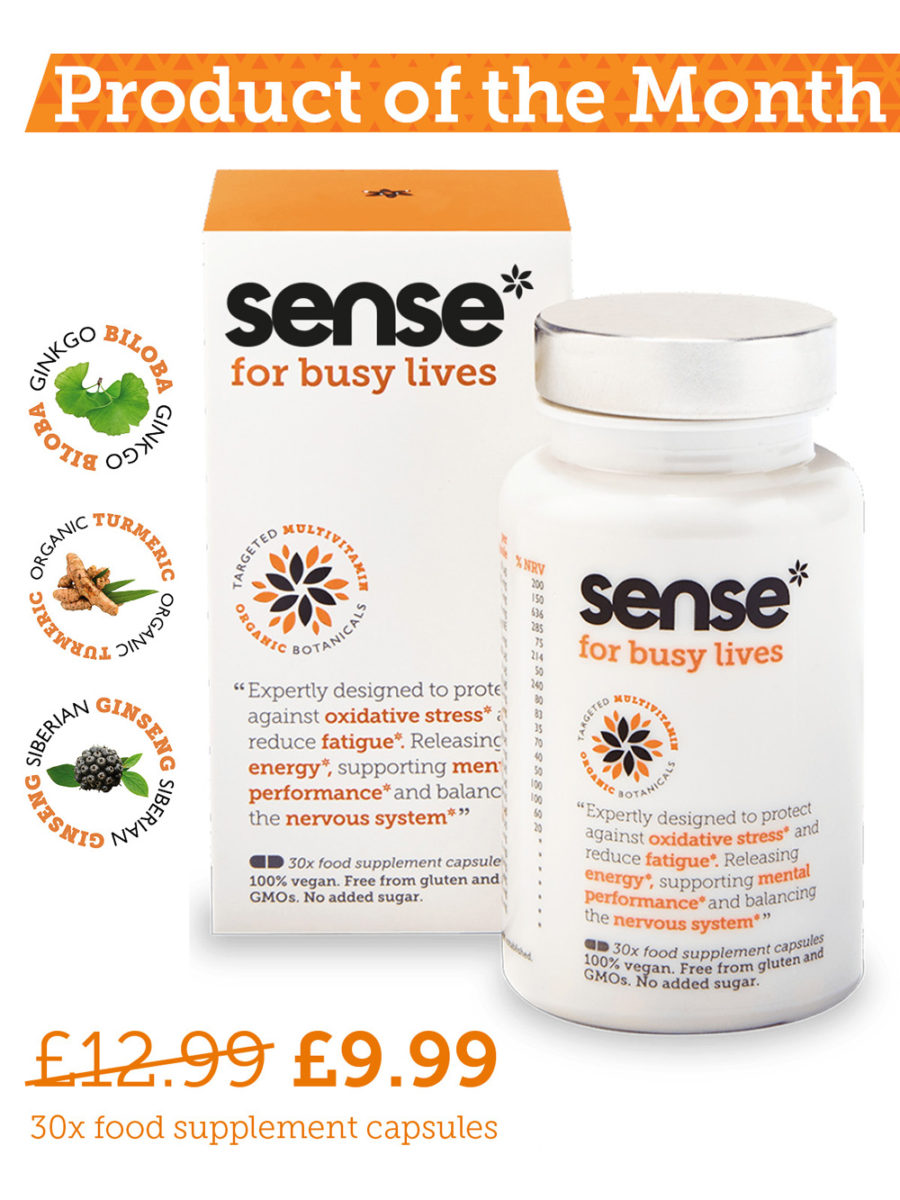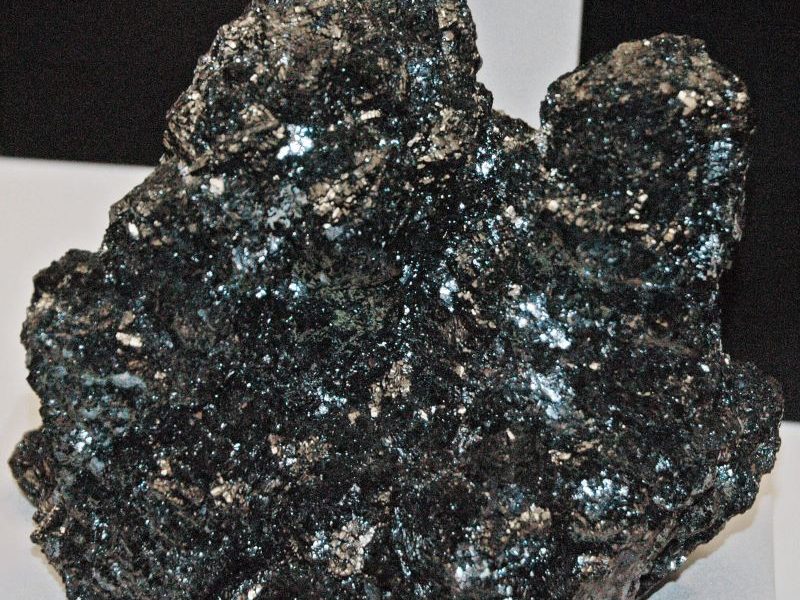
Is Zinc Supplement a Metal?
If you cast your mind back to school you will remember that zinc is is a chemical element with the symbol Zn and atomic number 30. Zinc is a slightly brittle metal at room temperature and has a blue-silvery appearance when oxidation is removed. In some respects, zinc is chemically similar to magnesium: both elements exhibit only one normal oxidation state (+2), and the Zn2+ and Mg2+ ions are of similar size. This similarity provides a clue why it is an important element in your diet too. Primarily a zinc supplement is not a metal but a mineral and is found in small but very important quantities in your food.
Zinc is the 24th most abundant element in Earth’s crust and has five stable isotopes (variations with different numbers of neutrons per atom). The most common zinc ore is sphalerite (zinc blende), a zinc sulfide mineral from which zinc is extracted. The largest workable mines are in Australia, Asia and the United States.
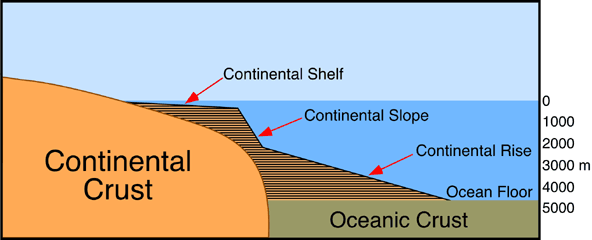
Why is Zinc important to human biology?
Even though zinc is a metal and belongs in the same group as mercury, it is relatively non toxic to humans. It is in fact a trace element in the human body where over abundance may have adverse consequences (even death). But this is very rare whereas zinc deficiency is widespread particularly in the developing world and in the elderly.

The toxicity of zinc has been examined in various studies, an example is HERE. As an essential trace element, zinc is a dietary element that is needed in very minute quantities for the proper growth, development, and physiology of plants, animals and micro-organisms. These dietary elements or essential trace elements are required to perform vital metabolic activities in these organisms including humans.
Examples of essential trace elements in the human body are cobalt, copper, fluorine, iodine, iron, manganese as well as zinc. Although they are essential, as stated they become toxic at high concentrations due to too much zinc supplement intake. However, a number of people are at risk of zinc deficiency, see below.
What are we actually talking about here…a mineral?
The first clue was that zinc is similar to magnesium. It is also a metal and has various different uses in various different forms. In other words, it is a mineral since metals are compounds of minerals and so mineral is the word generally used to describe it in the world of nutrition e.g. vitamins and minerals. In the world of nutrition, a mineral is a chemical element required as an essential nutrient by the human body to perform functions necessary for life (which see above).
It is important to recognise the meaning of “Essential” in that we really need it in our bodies. Otherwise we won’t function, develop or grow properly.
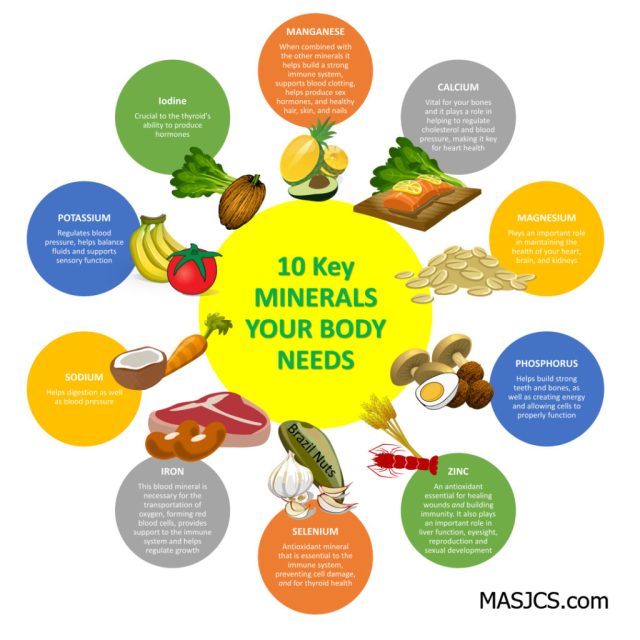
Here is a Quick Guide on Where Minerals Sit in the Scheme of Things
However, the four major structural elements in the human body by weight are usually not included in lists of major nutrient minerals (although nitrogen and carbon is considered a “mineral” for example in plants, as it often is included in fertilizers). These are:
- oxygen
- hydrogen
- carbon and
- nitrogen
These above four elements compose about 96% of the weight of the human body, and major trace minerals (macrominerals) and minor minerals (also called trace elements) compose the remainder.
As a group, minerals are one of the four groups of essential nutrients, the others of which are:
The five major minerals in the human body by weight are calcium, phosphorus, potassium, sodium, and magnesium. All of the remaining elements in a human body are called “trace elements”. The trace elements that have a specific biochemical function in the human body are sulfur, iron, chlorine, cobalt, copper, zinc, manganese, molybdenum, iodine, and selenium.
How do we get Zinc into our bodies?
Nutrient minerals, being elements, such as zinc cannot be synthesized or made biochemically by living organisms. So we need to get it from somewhere else. Plants get minerals from soil. Most of the minerals in a human diet come from eating plants and animals or from drinking water.
Plants absorb dissolved elements in soils, which are subsequently ingested by herbivores and omnivores that eat them, and the elements move up the food chain. Larger organisms may also consume soil or use mineral resources, such as salt or mineral licks, to obtain limited minerals unavailable through other dietary sources.

Bacteria and fungi play an essential role in the breaking down of primary elements that results in the release of nutrients for their own nutrition and for the nutrition of other species. Minerals are used by animals and microorganisms for the process of mineralising structures, called “biomineralization”, used to construct bones, seashells, eggshells, exoskeletons and mollusc shells.
Which Foods is Zinc Found in?
Many animal and plant foods are naturally rich in zinc, making it easy for most people to consume adequate amounts provided they can absorb it.
Foods highest in zinc include:
- Eggs
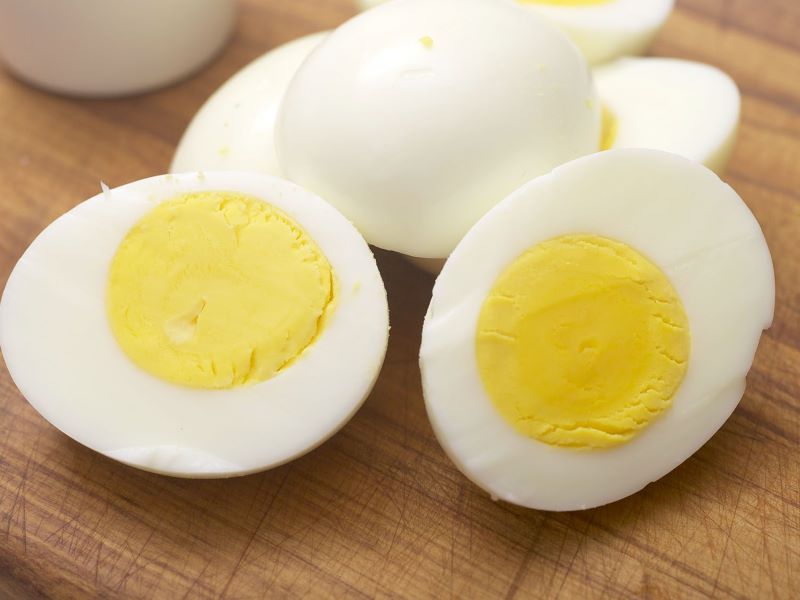
- Dairy products: Milk, yogurt and cheese
- Vegetables: Mushrooms, kale, peas, asparagus and beet greens
- Fish: Flounder, sardines, salmon and sole
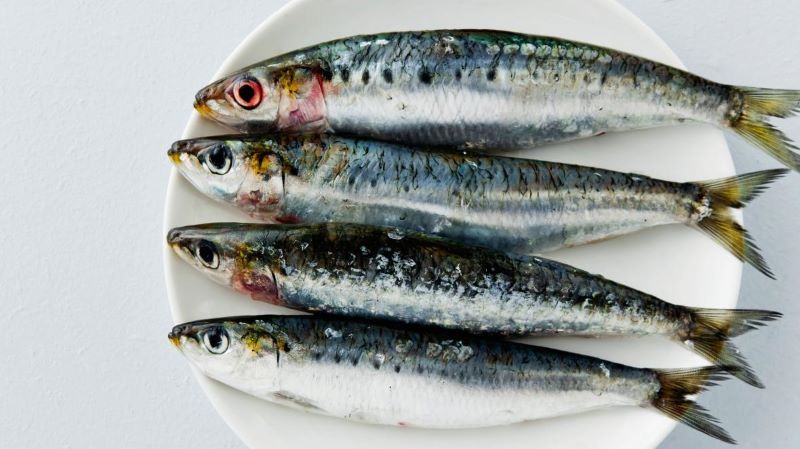
- Legumes: Chickpeas, lentils, black beans, kidney beans, etc.
- Meat: Beef, pork, lamb and bison
- Nuts and seeds: Pumpkin seeds, cashews, hemp seeds, etc.
- Poultry: Turkey and chicken
- Shellfish: Oysters, crab, mussels, lobster and clams

Raw fresh Seafood Cocktail close up with Mussels, Clams, Vongole, Prawns and Shrimps
- Whole grains: Oats, quinoa, brown rice, etc.
Animal products, such as meat and shellfish, contain high amounts of zinc in a form that your body easily absorbs. However, keep in mind that zinc found in plant-based sources like legumes and whole grains is absorbed less efficiently. This may be because of other plant compounds that inhibit absorption. As a result vegans and vegetarians may be deficient in zinc levels and will need to take supplements.
Those at Risk of Zinc Deficiency
There are over 2 billion people worldwide that are deficient in micronutrients including zinc, primarily in the developing world. Nearly 500,000 children under aged 5 die prematurely every year due to such deficiency. Those at risk of zinc deficiency include:
- People over 60 years of age due to malabsorption
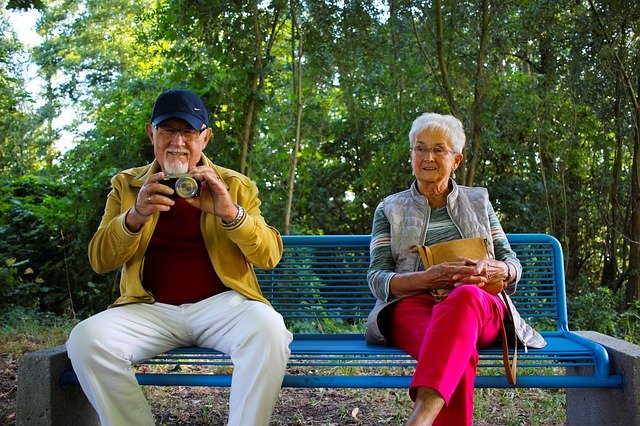
- People with gastrointestinal diseases like Crohn’s disease
- Vegetarians and vegans
- Pregnant and breastfeeding women

- Older infants who are exclusively breastfed
- People with sickle cell anemia
- Those who are malnourished, including those with anorexia or bulimia
- People with chronic kidney disease
- Those who abuse alcohol
Do you wonder if you are low in zinc? If you think this is serious then consult your doctor. But if you simply want to assess yourself, we suggest you take a simple test where you take a teaspoon (5ml) of 0.1% zinc sulphate and water solution to hold in your mouth for 20 seconds. If it tastes bad you have enough zinc; if it doesn’t taste like anything, you are low in zinc. It is not scientifically conclusive and has variants in the tests see HERE
Other signs of a zinc deficiency are if you always feel like you need a sweet after a meal, you get acne and of course, if you’re constantly getting sick.
Health Benefits of correct Zinc levels
Enzymes and Transcription Factors
Zinc is required for the function of over 300 enzymes (see below) and 1000 transcription factors (see below) and is stored and transferred in cysteine proteins. It is the second most abundant trace metal in humans after iron (making up about 2-4 grams of the body) and it is the only metal which appears in all enzyme classes.
Enzymes are both proteins and biological catalysts (biocatalysts). Catalysts accelerate chemical reactions in the body. Almost all metabolic processes (for Metabolism see HERE) in any cell need enzyme catalysis in order to occur at rates fast enough to sustain life. Metabolic pathways depend upon enzymes to catalyze individual steps so without these reactions being quickened life could not be sustained. Enzymes are known to catalyze more than 5,000 biochemical reaction types and zinc controls 300 enzymes. As a result they are quite an important element in human biology.
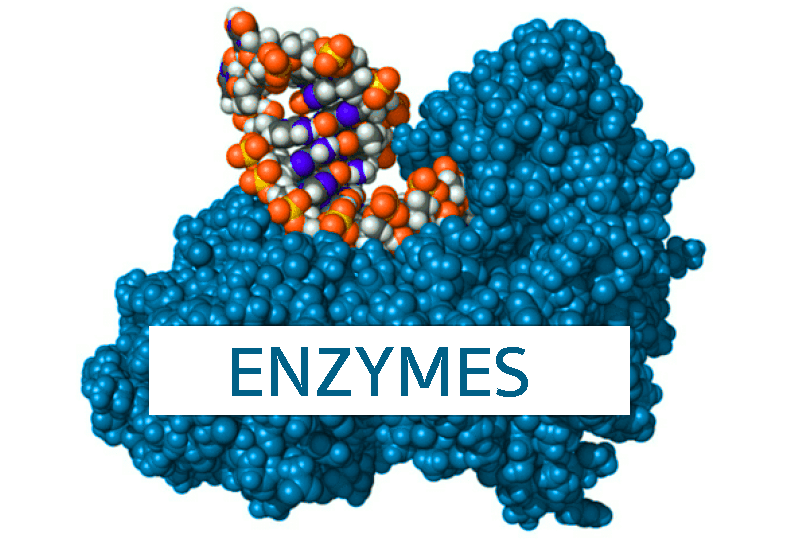
In molecular biology, a transcription factor (TF) (or sequence-specific DNA-binding factor) is a protein that regulates—turn on and off—genes in order to make sure that they are expressed in the right cell at the right time and in the right amount throughout the life of the cell and the organism. Groups of TFs function in a coordinated fashion to direct cell division, cell growth, and cell death throughout life; cell migration and organization (body plan) during embryonic development; and intermittently in response to signals from outside the cell, such as a hormone. There are up to 1600 TFs in the human genome and zinc is involved in over 60% of these.
To support the Immune System (particularly in the elderly)
Research tells us zinc affects our immune system in multiple ways. First, it increases our T-cells, which are needed to fight off illnesses. Second, zinc boosts our immunity to help fight viral and bacterial infections. If you are deficient in zinc, you may be more susceptible to colds, the flu or any number of infections like COVID-19. HERE is a study that highlights the need for vitamins and trace minerals intake in order not to suppress the immune system response.
Zinc supplements stimulate particular immune cells and reduce oxidative stress. For example, a review of seven studies demonstrated that 80–92 mg per day of zinc may reduce the length of the common cold by up to 33% see HERE.

What’s more, zinc supplements significantly reduce the risk of infections and promote immune response in older adults see HERE. This study and its written paper gives a clear explanation of how the elderly (60+ years of age) generally have a deficiency in zinc. This deficiency appears to continue to grow as you age see HERE. But this can be affected by numerous other or conditioning factors:
- physiological,
- social,
- psychological, and
- economic factors.
For example, reduced mobility leads to a decrease in energy requirements. The resulting consumption of smaller quantities of food also means consuming lower amounts of trace elements, including zinc.
In addition, decreased intestinal absorption, which in part depends on the composition of the food, and medication like diuretics or antibiotics or steroids, could cause a negative zinc balance, even if there is sufficient uptake.
All these factors together can result in insufficient nutritional supply of zinc in the elderly.
Accelerates Wound Healing
Zinc is commonly used in hospitals as a treatment for burns, certain ulcers and other skin injuries. Because this mineral plays critical roles in collagen synthesis, immune function and inflammatory response, it is necessary for proper healing.

Asian woman foot injury bandage wound
In fact, your skin holds a relatively high amount — about 5% — of your body’s zinc content.
While a zinc deficiency can slow wound healing, supplementing with zinc can speed recovery in people with wounds.
For example, in a 12-week study in 60 people with diabetic foot ulcers, those treated with 200 mg of zinc per day experienced significant reductions in ulcer size compared to a placebo group see HERE.
May Reduce the Risk of Age related Diseases
Zinc may significantly reduce your risk of age-related diseases, such as pneumonia, infection and age-related macular degeneration (AMD). In the elderly this is called immunosenescence see an overview see HERE.
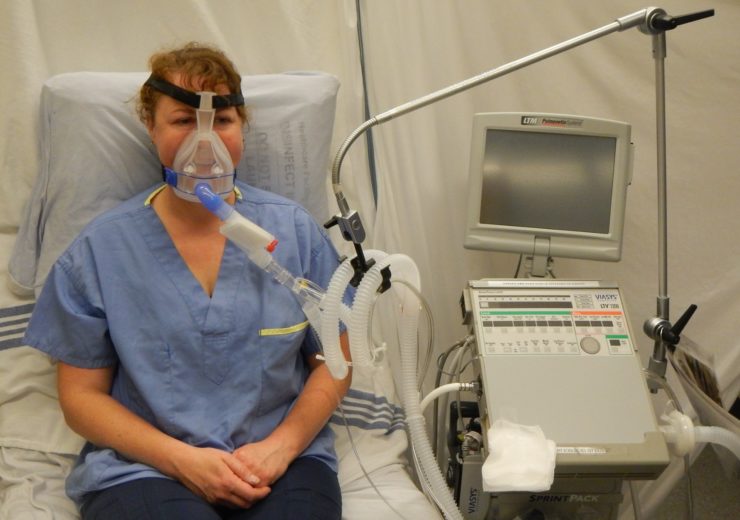
Zinc may relieve oxidative stress and improve immune response (see above) by boosting the activity of T-cells and natural killer cells, which help protect your body from infection see HERE.
Older adults who supplement with zinc experience improved influenza vaccination response, reduced risk of pneumonia see HERE and boosted mental performance see HERE.
In fact, one study determined that 45 mg per day of zinc may decrease infection rates in older adults by nearly 66% see HERE.
Additionally, in a large study in over 4,200 people, taking daily antioxidant supplements — vitamin E, vitamin C and beta-carotene — plus 80 mg of zinc decreased vision loss and significantly reduced the risk of advanced AMD see HERE.
May Help Treat Acne
Acne is a common skin disease that is estimated to affect up to 9.4% of the global population. Acne is driven by obstruction of oil-producing glands, bacteria and inflammation see HERE.
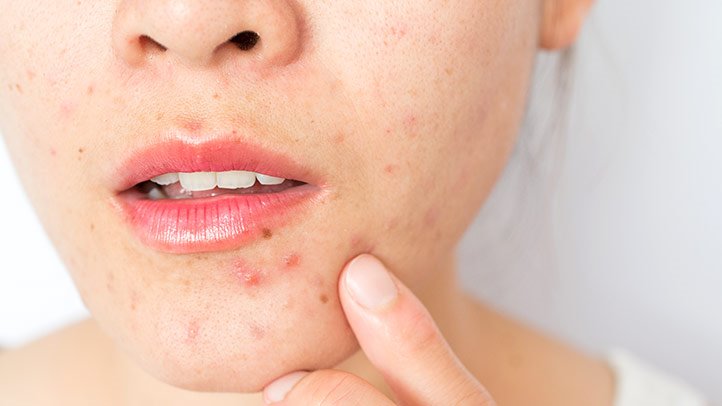
Studies suggest that both topical and oral zinc supplement treatments can effectively treat acne by reducing inflammation, inhibiting the growth of P. acnes bacteria and suppressing oily gland activity see HERE.
People with acne tend to have lower levels of zinc. Therefore, a zinc supplement may help reduce symptoms see HERE.
Decreases Inflammation
Zinc decreases oxidative stress and reduces levels of certain inflammatory proteins in your body.
Oxidative stress leads to chronic inflammation, a contributing factor in a wide array of chronic illnesses, such as heart disease, cancer and mental decline.
In a study in 40 older adults, those who took 45 mg of zinc supplement per day experienced greater reductions in inflammatory markers than a placebo group.
Recommended Dosages
The tolerable upper level for zinc is 40 mg per day. However, this does not apply to people with zinc deficiencies. They may need to take high-dose zinc supplements.
If you take zinc supplements, choose absorbable forms such as zinc citrate or zinc gluconate. Stay away from zinc oxide, which is poorly absorbed see HERE.
In sense* for busy lives a dosage of 7 mg of zinc citrate per serving is used on basis of 1-2 servings per day. If taking 2 servings, 14 mg of zinc supplement per day is a reasonable level but on the assumption that you will be getting 5-10 mg of zinc from your diet daily. But enough if you don’t absorb zinc very well.
Sense* for joint & bone on the other hand has 5 mg of zinc citrate per serving but on basis that most people would chose 2 servings per day (10 mg zinc supplement) for maximum benefit. But it is dependant on why you are taking them and if you are deficient in zinc. Take 3 servings per day provided no other zinc supplement is being taken.
Because high-dose zinc supplements can lead to dangerous side effects, it’s important to stick to recommendations and only take supplements when necessary. If you’re using supplements to boost the amount of zinc in your body, also be careful. Zinc can interact with some antibiotics, arthritis medications, and diuretics.

